Bill Gates, the founder of Microsoft worth a cool $133 billion, has become ‘the voodoo doll of Covid conspiracies’, according to the BBC. But is he just a poor (metaphorically) misunderstood philanthropist or a man obsessed with patented vaccines at the expense of cheaper interventions? And has the world been infected with vaccine mania?
Throughout the pandemic, authorities have peddled two dubious messages. First, that lockdowns (and later masks) would stop transmission. Second, that a new normal would only return once everyone was vaccinated. This has been reflected in spending priorities. The US has spent $12 billion on vaccine development and pin money on treatments. Australia has spent almost $2 billion on vaccines and less than $25 million on treatments.
Employers and some premiers have latched on to vaccination as the path to the ‘new normal’, calling to make it mandatory and to be allowed to refuse jobs and services to those who are unvaccinated. This almost certainly represents unlawful discrimination, according to the UK Medical Freedom Alliance. Trials will not even be completed until 2022-’23 so all vaccines are still experimental. Even then there will be no data on long-term effects they may cause such as cancer, autoimmune or neurological disease and infertility. The risks are greater because vaccine delivery systems using DNA and mRNA have never been used before other than in tiny trials. Claims of up to 95 per cent effectiveness are based on interim analysis of 0.2 per cent of participants. The incidence of severe disease, hospitalisation or death was not assessed. There is no safety data on elderly people with multiple co-morbidities. The full, raw data has yet to be published. There is not even any evidence that vaccination prevents transmission of the virus.
Since Covid-19 only has an infection fatality rate of less than 0.1 per cent for people under 70, the utility of mass vaccination seems doubtful. So why the obsession with vaccines?
As it happens, Gates has a passion for vaccination. In 1999, he set up Gavi (the Global Alliance for Vaccines and Immunisation) to boost immunisation in poor countries. Yet criticisms of the way Gavi has operated foreshadow what has happened during the Covid pandemic. Critics say Gates’ philanthropy has facilitated the sort of ruthless, predatory behaviour in Big Pharma that Gates was accused of at Microsoft.
Gavi has been criticised for prioritising expensive new vaccines over cheap interventions, for example, to prevent diarrhoea which save many more lives. Since 2011, Médecins Sans Frontières has criticised Gavi for its purchase of pneumococcal vaccine from GlaxoSmithKline and Pfizer which it calls is a ‘scandalously expensive’ form of ‘corporate welfare’ rather than buying a cheap, generic version.
Yet criticism of Gates’ philanthropy is muted because nobody wants to fall foul of such a big spender and because unlike the Koch brothers, Gates, a top donor to the Clinton Foundation, is a creature of the Left. Yet public scrutiny of all philanthropists is vital because they don’t have to prove that they make good use of tax-subsidised funds, as the Clinton Foundation saga proved.
As the Covid-19 pandemic kicked off in March, the Gates foundation pledged $125 million to create a ‘therapeutics accelerator’, with major pharmaceutical companies, including Gilead Sciences and Merck, to speed up the evaluation of new and repurposed drugs to treat Covid. Yet the exact opposite has happened. Why? Blame Big Vax, a small, incestuous, extremely powerful group which includes the pharmaceutical companies making vaccines and the influence they wield with governments, philanthropists, the WHO (Gates is the second-biggest funder), regulators, research institutes and medical journals.
Everyone knows everyone. Dr Anthony Fauci, the public face of Trump’s Covid-19 response served from 2003 to 2010, on the scientific board of the Gates-funded ‘Grand Challenges in Global Health’. Moncef Slaoui, who led Trump’s Operation Warp Speed, worked for 30 years with GSK and then Moderna and held on to shares in GSK while he funded them to develop Covid-19 vaccines.
Competition is fierce but nobody powerful is backing generic treatments, not even their manufacturers, who make much more money out of their patented drugs. Only frontline doctors and researchers and countries which manufacture generics have dared to speak out against the orthodoxy.
Shockingly, the treatment meted out to hydroxychloroquine is now being turned on ivermectin. Merck, which held the original, long-expired, patent said this month that there is no evidence that ivermectin works for Covid-19, and that there is a ‘concerning lack of safety data in the majority of studies’, thereby implying that it is dangerous.
Yet Merck donates the drug to more than 300 million people annually to fight river blindness and the dosage used for Covid has already been determined to be safe. Why the change? Perhaps because Merck was forced to abandon its Covid vaccine and spent $425 million buying a Covid-19 treatment, receiving a $356 million subsidy from the US government. Is ivermectin a direct threat to profits?
The tragedy is that safe, effective treatments and vaccines are equally desirable but Big Pharma knows if an effective treatment is recognised it would not be allowed to rush a vaccine to market and cash in early on its heavily subsidised investment.
Are the vaccines safe for those who they are meant to protect, the sick and the elderly? It appears at this point that every country that has rolled out vaccinations rapidly has seen a spike in Covid deaths — UK, Ireland, US, Israel, UAE, Bahrain. This week, South Africa put the use of the AstraZeneca vaccine on hold after a local trial showed it gave only minimal protection against mild-to-moderate infection. In India, Pfizer withdrew its application for emergency use authorisation because the regulator wanted a local trial.
The contrast with the roll out of ivermectin in Uttar Pradesh, India’s most populous state (234 million people) is stark. It was adopted as a treatment in late August. No adverse events have been observed and deaths now average five per day. In the rest of the country, HCQ is used and with less than 100 deaths a day in a country of 1.4 billion people, there’s no rush to get vaccinated.
That’s the way it would have been in the West, if we had focussed on treatment first instead of listening to the siren song of Big Vax.
Got something to add? Join the discussion and comment below.
Get 10 issues for just $10
Subscribe to The Spectator Australia today for the next 10 magazine issues, plus full online access, for just $10.
You might disagree with half of it, but you’ll enjoy reading all of it. Try your first month for free, then just $2 a week for the remainder of your first year.

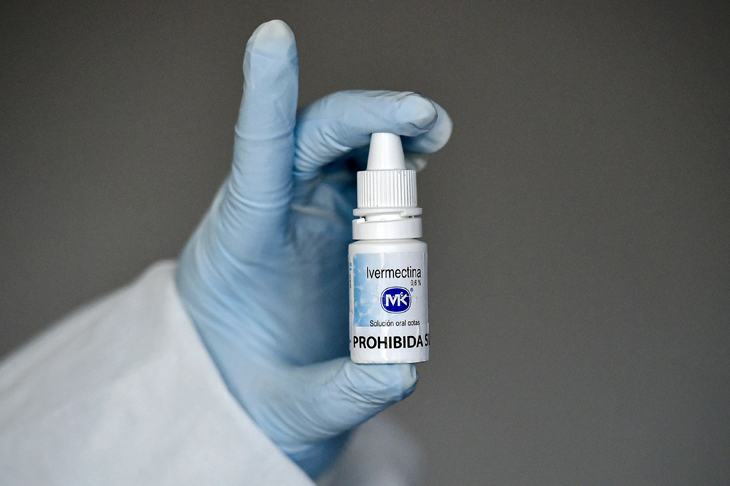
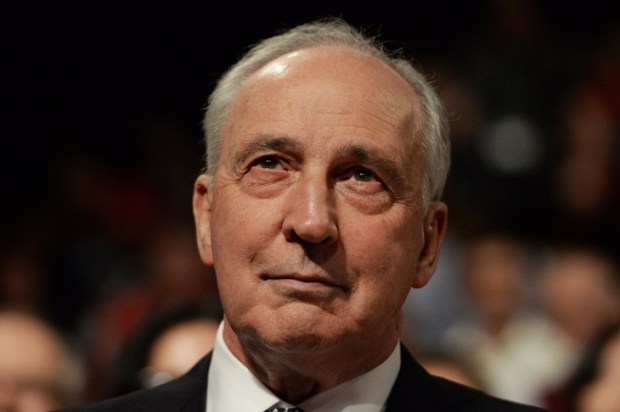
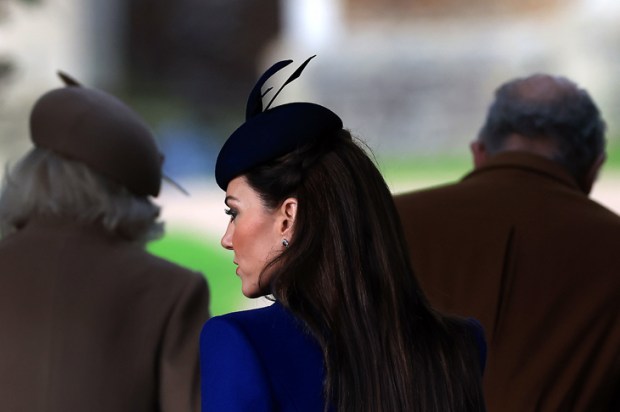
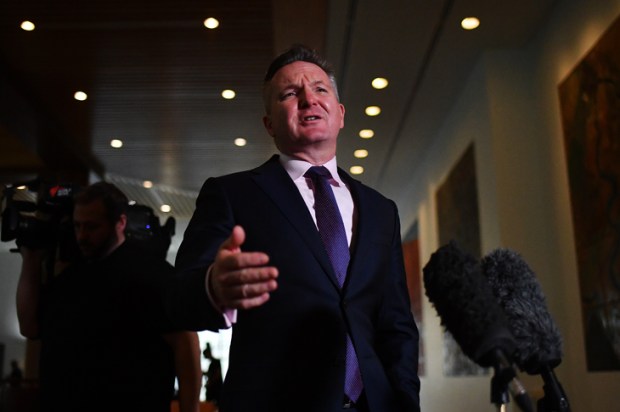
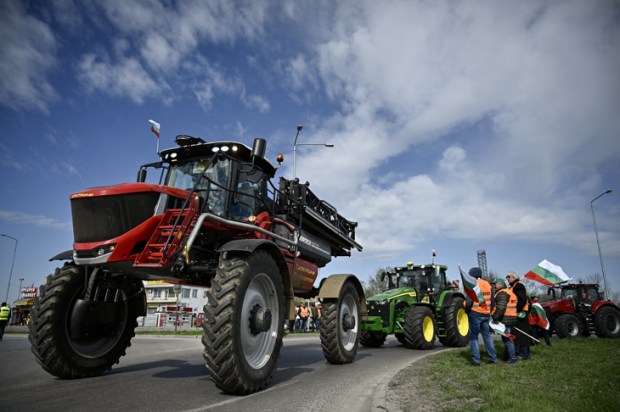
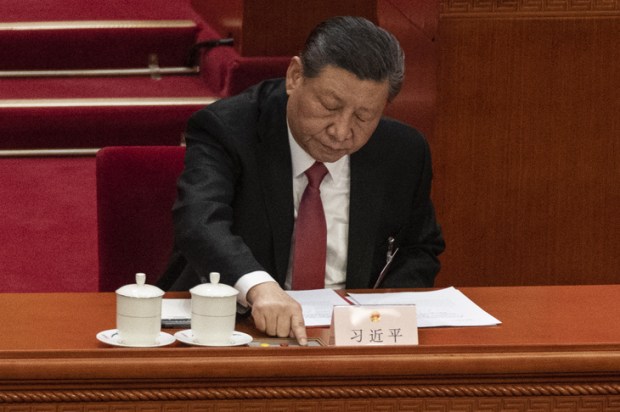
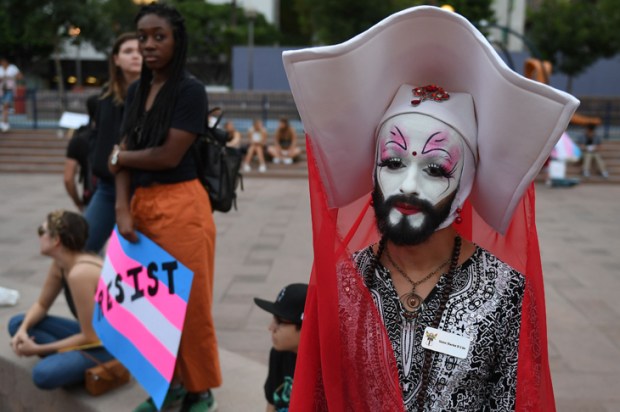






Comments
Don't miss out
Join the conversation with other Spectator Australia readers. Subscribe to leave a comment.
SUBSCRIBEAlready a subscriber? Log in